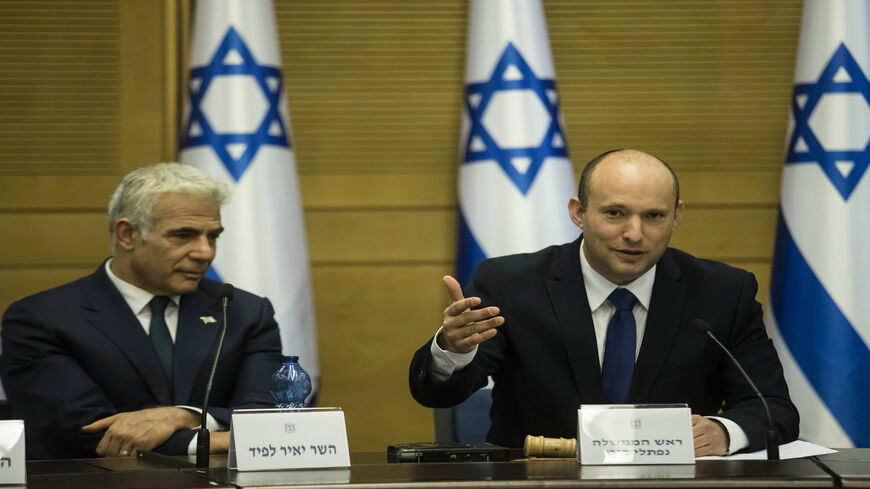Hossein Akbari, speaking in an interview with the website of the Strategic Council on Foreign Relations, while referring to the repeated threats of the media and the Zionist regime to launch a military attack on Iran, noted: Recent Israeli actions and threats against Iran are from a reactionary position; because they see that Trump has been ousted from power and that the Biden administration, in the midst of negotiations, is in a situation where it has to reach an agreement with Iran, albeit a relative one.
He added: In fact, they see the passage of time in favor of Iran, and at the same time the measures they have taken so far, including political pressure and the pursuit of sanctions, although put a lot of pressure on the Iranian people, not only did not realize their targets, but had not brought them closer to their aims.
The analyst of West Asia affairs pointed to the new government’s outlook to the East in Iran and said: Iran does not see itself confined to relations with the West and the JCPOA, and in this context the Zionist regime feels that Iran is not willing to make any concessions to the Westerners to come to the negotiating table for agreement. Iran has not tied its economy to the JCPOA, and while being serious in the negotiations, it even pursues its political issues independently of the JCPOA.
Akbari continued: The Zionist regime and its supporters now have no other means against Iran, so they are in a reactionary and completely passive situation. Iran is on a path that can gain points both in the JCPOA and also solve its problem without the JCPOA; it also has a balanced view of the international arena on its agenda and is not limited to the West. On the other hand, unlike Trump, Biden has no motive to sacrifice everything to the Zionist regime, and most importantly, in the internal environment of that regime and its surrounding resistance, the military equation is in favor of resistance in the region and that regime does not have the upper hand.
Saying that the Zionist regime, within the framework of destabilizing the region and disturbing agreement, has always attempted to obstruct and sabotage, directly or indirectly, emphasized: There can be no doubt that if the United States, Europe and the Zionist regime were confident that they could achieve a result from military action and there was no obstacle on their way, certainly they would have carried out an operation against Iran.
The expert on West Asia affairs, saying that the Islamic Republic of Iran is always on a military alert, because it has always felt the threat closely and has prepared itself for it, noted: Iran is not a country that is not concerned about its surroundings or a country careless about its defensive and combat capabilities.
Silence of Intl. community before threats of the Zionist regime
Referring to the silence of the international community, governments and international and regional organizations, as well as the International Atomic Energy Agency, regarding the overt and covert threats of the Zionist regime against Iran, Akbari stressed: The international community was not able to deal with this regime from the beginning; numerous resolutions against the Zionist regime, which have been ratified by all countries, have been rejected only by the US veto in the Security Council, and the UN has never been able to assert any right when it comes to the Zionist regime.
He described the influence and power of the Zionist lobby media in the international fora and the United Nations, adding: Unfortunately, now with the inefficiency of those organizations, they are no longer expected to react against the threats of the Zionist regime; they are not able to take even the slightest position in this regard.
The analyst of West Asia affairs stated that the Zionist regime and the United States are now in the worst situation compared to their past, stressing: Those who threaten Iran today have given up land on several battlefields, in Syria, Lebanon, Iraq, Afghanistan and Yemen have shamefully accepted defeat. Wherever they have encountered the Resistance to start a war and have used all the international tools and those of their allies, they have defeated.
Saying that Iran is familiar with the Zionist regime’s bragging, he said: They now want to take advantage of such threats and by influencing the atmosphere of the JCPOA talks, prevent reaching an agreement with Iran and giving concessions by the other side to us. They believe that if Iran gains a concession in the JCPOA and its economic situation improves, the power of Resistance, which has now turned into a regional front, will expand and dev rapidly; they are afraid of this.










0 Comments